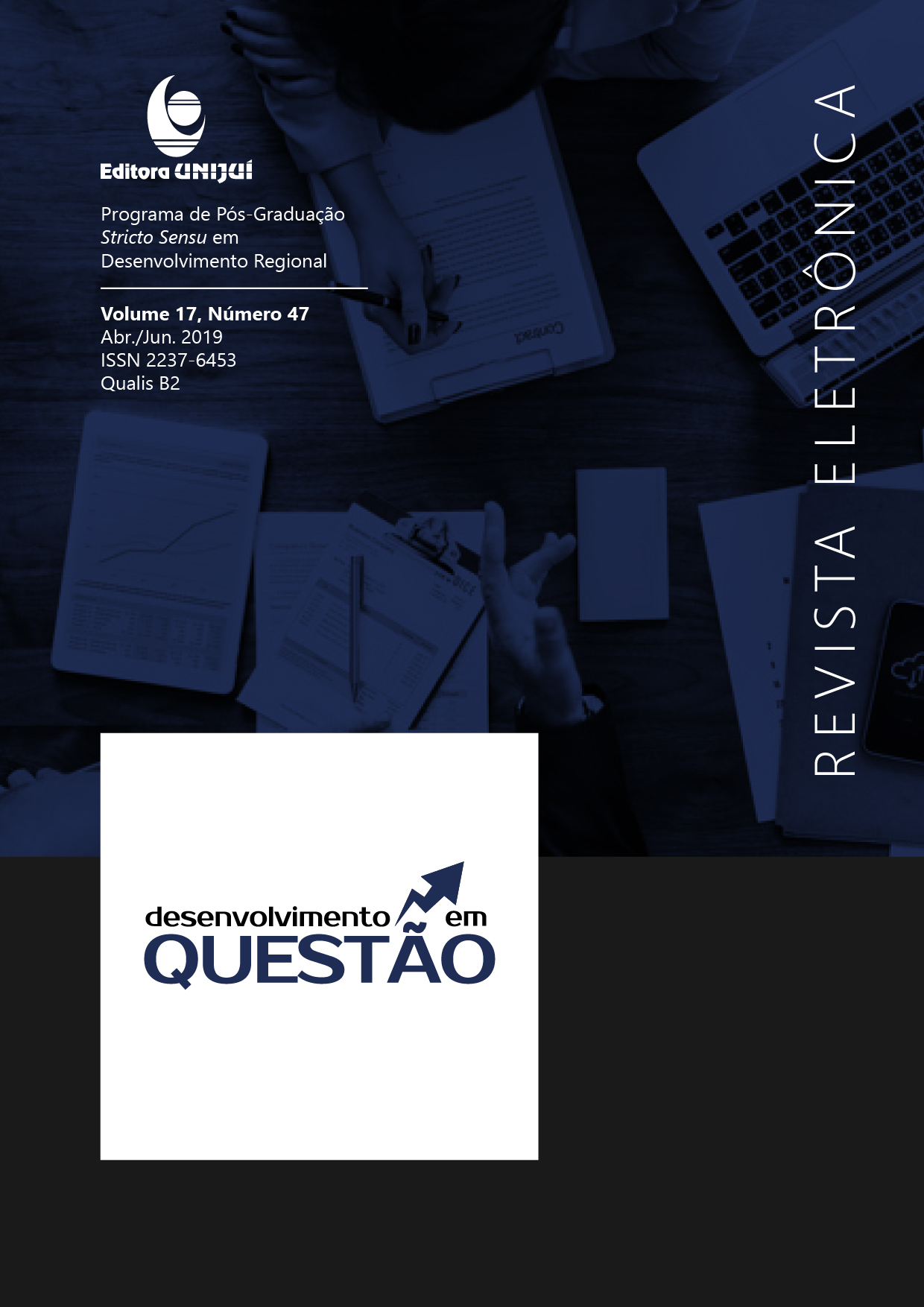OPEN INNOVATION AND DEVELOPMENT OF NEW PRODUCTS: A CO-CITATION ANALYSIS
DOI:
https://doi.org/10.21527/2237-6453.2019.47.195-216Keywords:
Open innovation. New product development. Knowledge combination.Abstract
The integration between new product development (NPD) and open innovation currently provide an opportunity for organizations to achieve sustainable competitive advantage. Considering that, this academic article researched the publications in indexed databases Scopus, Web of Science and Proquest, aiming to analyze knowledge combination, which is the combination of already existing knowledge, related to open innovation and NPD. For that, co-citation analysis, which occurs when two existing articles are quoted together by another article, and content analysis were performed. From the analysis, 25 articles with co-citations were identified, and 22 of them were used for content analysis. As a result of this study, it was verified that research on the aforementioned area is migrating from an internal perspective, which assesses the structuring of processes and projects, to an open perspective, in order to analyze aspects related to collaboration with external agents. The study also identified that the use of information and communication technologies is fundamental for supporting processes and projects, making collaboration easier and more interesting among the stakeholders.
Downloads
Published
How to Cite
Issue
Section
License
By publishing in Revista Desenvolvimento em Questão, authors agree to the following terms:
All works are published under the Creative Commons Attribution 4.0 International License (CC BY 4.0), which allows:
Sharing — to copy and redistribute the material in any medium or format;
Adaptation — to remix, transform, and build upon the material for any purpose, even commercially.
These permissions are irrevocable, provided that the following terms are respected:
Attribution — authors must be properly credited, a link to the license must be provided, and any changes made must be indicated.
No additional restrictions — no legal or technological measures may be applied that legally restrict others from doing anything the license permits.
Notices:
The license does not apply to elements that are in the public domain or covered by legal exceptions.
The license does not grant all necessary rights for specific uses (e.g., image rights, privacy, or moral rights).
The journal is not responsible for the opinions expressed in the articles, which are the sole responsibility of the authors. The Editor, with the support of the Editorial Board, reserves the right to suggest or request modifications when necessary.
Only original scientific articles presenting research results of interest that have not been previously published or simultaneously submitted to another journal with the same purpose will be accepted.
Mentions of trademarks or specific products are intended solely for identification purposes and do not imply any promotional relationship by the authors or the journal.
License Agreement (for articles published from 2025 onward): Authors retain the copyright to their article and grant Revista Desenvolvimento em Questão the right of first publication.











